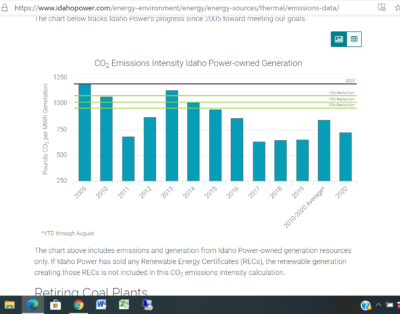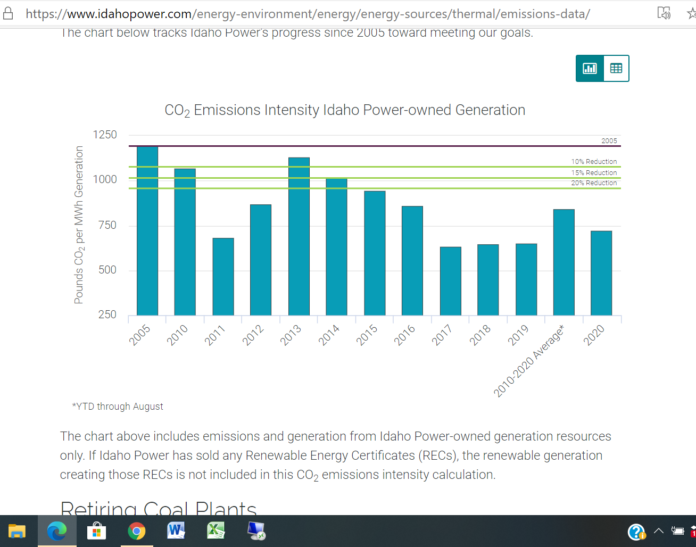BY KIKI TIDWELL

Let’s talk about the difference between a charitable entity, an IRS-designated 501(c)(3), and a political action committee, or PAC. The IRS has very specific rules for charitable entities to operate under because they have been entrusted with donated funds to undertake public good. Charitable entities have to be very transparent and put their tax returns (990s) online for the public to review. The public can see clearly if the charity’s funds have been spent in worthwhile ways. The IRS has very clear rules that restrict a charity from political lobbying or influencing legislation more than a minor amount of their efforts. “Under the IRS, “no substantial part of a [charitable] organization’s activities [may] constitute carrying on propaganda or otherwise attempting to influence legislation.” The reason for this limitation is that charities receive tax-deductible income and, as such, are essentially government-subsidized organizations, which should not become too mired in politics or political controversy.” 1
In contrast, a political action committee in Idaho is actually an entity to influence legislation, or to promote specific political candidates. “Persons, groups of persons and political committees may support candidates covered by the Sunshine Law by making independent expenditures on their behalf. Independent expenditures may be made without limit since they do not count against the contribution limits established by Section 67-6610A, Idaho Code.”2 These PACs can be very biased in the information that they promote. Financial contributors to a PAC don’t receive a tax deduction; I believe this is so because the IRS recognizes that a political action committee has a specific political agenda but doesn’t have to be transparent about it. For instance, a PAC such as Conservation Voters for Idaho can endorse a candidate in a race as being the candidate with the best conservation record because it wants to curry favor with that candidate for work in the future. It doesn’t have to be transparent with the public on their comparisons of candidates’ track records in conservation; it doesn’t have to prove that its endorsement is really based on anything. When I asked them for what body of work in conservation that Jacob Greenberg has accomplished that helped them to make their endorsement decision, they wouldn’t share it. They only said that they wanted to work with him in the future on some projects.
The problem comes when PACs blur the line in their raising of money. I have received many solicitations from the Conservation Voters for Idaho that read like this: “Giving Tuesday is in full swing, and millions of Americans are donating to causes that they care about. Will you join them on this national day of giving?”, which leads one to believe that your funds are going to a charitable entity, a fair and unbiased entity, not a campaign contribution to a PAC with a political agenda. I have sent funds to them based on these solicitations, most recently because it looked like Patagonia was providing matching charitable funds.
I know what my track record of conservation is in Idaho; I undertook a shareholder initiative with Idaho Power back in 2008 when they wanted to build a coal-fired power plant in Idaho. This successful initiative, along with others’ efforts, changed the future for Idaho from coal-fired power to retiring coal plants early and a goal for Idaho Power of 100 percent renewable energy production. It was a very difficult thing to undertake at the time as no one had ever challenged a power company on their coal-fired production with a direct initiative. It cost me about $40,000 to hire As You Sow to run the initiative and not many pro-conservation groups would join in with me on the effort; they were worried about upsetting their ‘working relationship’ with Idaho Power. The only brave nonprofit was the Snake River Alliance. Ken Miller crossed the police riot tape and bodyguards in Boise and walked into that shareholder meeting with me. I have advocated for clean energy in Idaho for 20 years, writing letters to the editor, and meeting with governors, lieutenant governors and senators to share information. I have put my money where my mouth is by investing in clean-energy startup companies in Idaho and have given to many nonprofit efforts. I have stepped up personally and have been an Intervenor at the Idaho Public Utilities Commission against a transmission line that reinforces an old paradigm of coal-fired power coming from plants in Nevada to us here at a ski resort affected by climate change. I am running on a platform of thriving in the new climate-change reality; it is at the core of my goals.
No, I am comfortable with 20 years of work I have accomplished in Idaho to protect our clean air and blue skies (which has returned $17.5 million to ratepayers!) and with my goal to do more. If Conservation Voters for Idaho wants to play politics with their endorsement, so be it, but charitable givers should know that they are not a charity, but a political campaign.
1 https://www.hurwitassociates.com/lobbying-advocacy/charitable-organizations-and-lobbying#:~:text=Charitable%20Organizations%20and%20Lobbying%201%20Defining%20and%20Measuring,lobbying.%203%20Grassroots%20lobbying.%20…%20More%20items…%20
2 https://sos.idaho.gov/elections-division/campaign-finance-filing/



